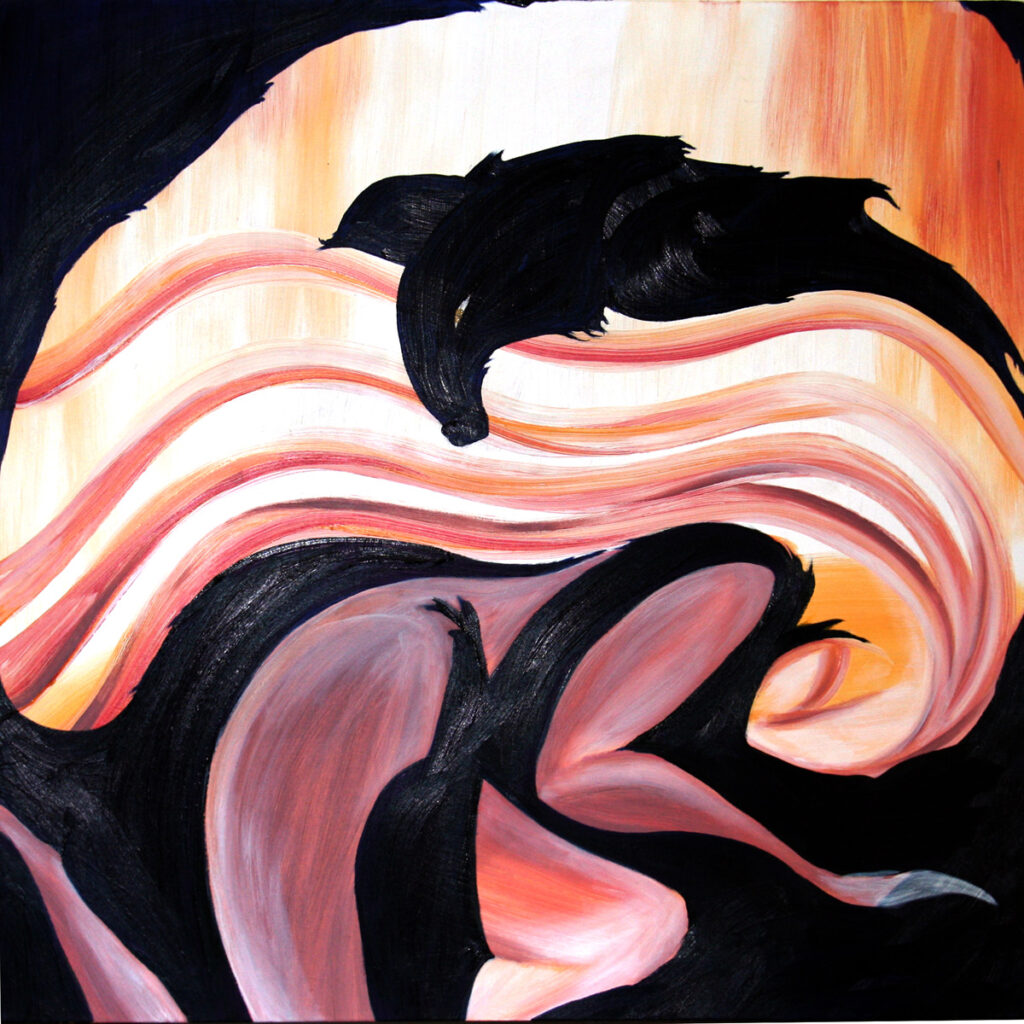May 30, 2017Coyote

In the dreams, I look down
at my arms and they are legs.
I do not wear clothing,
but I am not naked.
My mouth opens nearly
from ear to ear and contains
no words. In the dreams,
I don’t need words in my mouth
—my teeth are sharp enough
to speak for themselves,
to take what they want
without asking.
In a den somewhere a creature
sleeps and dreams her body bald.
She howls in terror and strange
sounds come from her throat—
they sound like my god
why have you forsaken me?
She rises to join her people
but they back away snarling
and then turn and run.
She tries to run with them
but they disappear into the trees
and she can not catch
their scent. Her nose is deaf.
In the dreams, I leave
my bedroom through
the claw-torn screen.
I follow an anguished cry
I can hear with my nose.
It leads me to a den where
a naked woman rocks
on her haunches and howls
her aloneness. Her eyes
are wild but her body is not.
It is a trap she will die in.
The dream always ends
the same way—I wake
just as a bullet opens the body
I was wearing a moment ago.
Always, it takes a long moment
before I can move my limbs,
which are numb and stiff,
as though they belonged
to someone else. Always,
I am unable to make a sound
until I do, and then it is
never the sound I expected.
from Ekphrastic Challenge